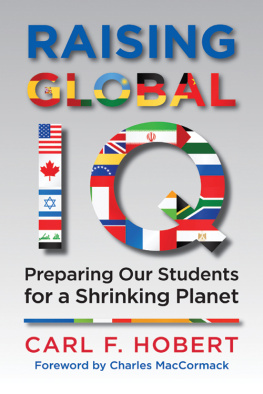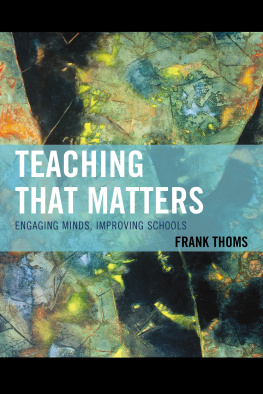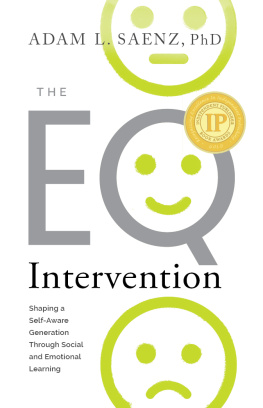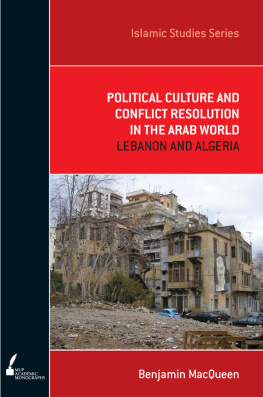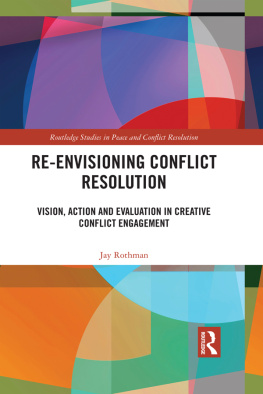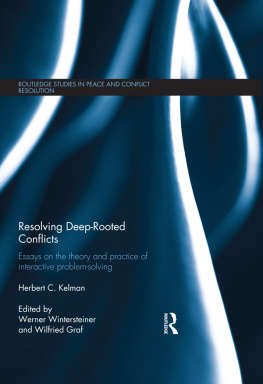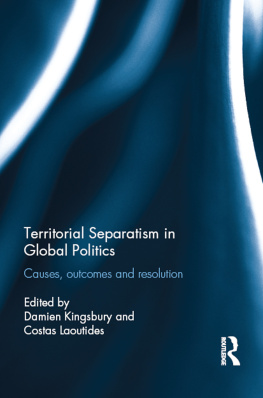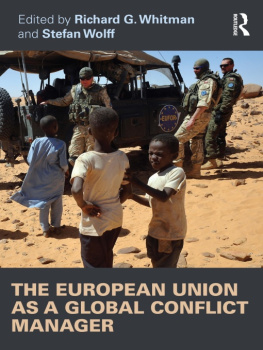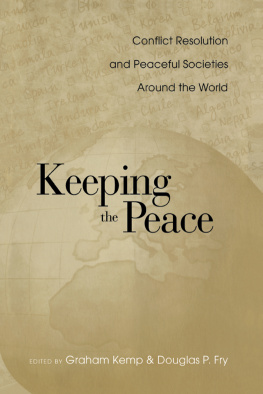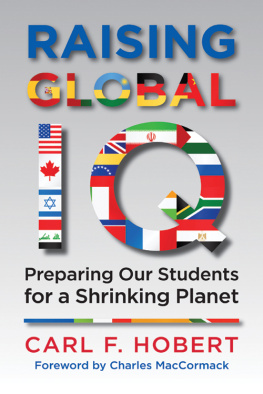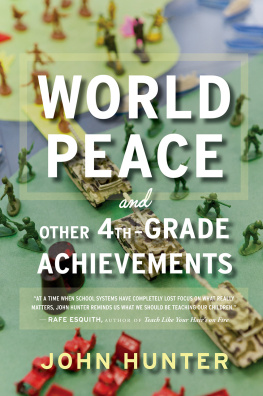
To my three magical daughters, Leah, Olivia, and Juliana, for offering me their deep love and for teaching me the best lessons of compassion I have ever learned. And to my dear mother and late father, whose unconditional love and belief in opening their three sons eyes to a shrinking world deeply influenced me from an early age.
CFH
To Friendship among Children and Youth around the World (founded under UNESCO), New York:
You young people should consider yourselves fortunate that you, in your impressionable years, have the opportunity to exchange viewpoints and ideas with those of a variety of cultural backgrounds. There is no better opportunity to acquire the life-long insights that are necessary for the resolution of international problems and conflicts.
In the hope that your endeavors have a lasting impact, I send you my warmest greetings and wishes.
Albert Einstein, Salzburg, Austria, November 22, 1952
Foreword
Over a century ago, H. G. Wells wrote that history is a race between education and catastrophe. In many ways, education is winning that race. More people are literate, healthy, and well-nourished today than ever before in human history. Fewer people have died in wars over the past generation than during most comparable periods. The hands of the clock of nuclear holocaust have been turned back.
At the same time, the race has become swifter. Technology has knit the world more closely together. Global companies design, produce, and market goods and services with little consideration of national boundaries. Millions of people from one part of the world are migrating to another part. Once-underdeveloped countries such as China, India, Brazil, Indonesia, and Turkey are now important powers. Their young people are far better educated than ever before. Events in one part of the world that would once have had only regional impact now influence the lives of everyone on the planet.
Take the current crisis in the Eurozone. Financial, economic, and structural problems in the small nation of Greece, and to a lesser extent in countries such as Ireland, Portugal, Spain, and Italy, could potentially derail the entire world economy. Whether or not todays US high school and university graduates face bleak or upbeat employment prospects over the next several years could depend on decisions made in Berlin and Brussels, regardless of how well or how poorly policy is managed in Washington and New York.
For the past fifty years, thoughtful people have realized that more and more elements of our lives are becoming more and more globally influenced. Take climate change, the management of epidemic diseases, or the price of food. The forests of the American West are unprecedentedly fragile: tinder-dry, infested by invasive new species, and threatening to destroy entire communities. The H1N1 virus has faded from the headlines, but public-health leaders throughout the world continue to have nightmares that viruses infecting a flock of chickens or geese in China or Indonesia will mutate into an uncontainable human epidemic. The price of fish goes up and up as we fail to establish a meaningful and enforceable law of the seas to ensure sustainability. The list could go on and on, but the basic point is that the impact of global forces on our lives is so pervasive that almost every American is now aware that the world of our parents and grandparents has changed irrevocably.
This is understandably disturbing to almost everyone. It is very challenging to manage these complex issues on a global basis. Most fundamentally, the system of global decision making continues to be dominated by sovereign nation-states with the mandate to look after their own interests. This is why, for example, it has been so difficult to find a solution to the Euro crisis. The ongoing gap between global forces and national power structures and identities demands that the next generation have the knowledge, attitudes, and skills to understand and influence multinational issues and groups in an informed and competent way.
Raising Global IQ: Preparing Our Students for a Shrinking Planet lays out a detailed and practical blueprint for how we can prepare our next generation of citizens with the tools they will need to sustain the optimism, freedom, leadership, and opportunity that have marked American life from its founding. We undertake this challenging task from a position of many strengths. First, we are a society that has always looked to a better future with a willingness to change yesterdays patterns in order to achieve it. Second, we are the worlds most diverse and multicultural society, and virtually every neighborhood, town, and school in America provides, even demands, engagement with other languages and cultures. Third, the opportunity to travel and visit other countries has never before been more affordable or widely available. Once the purview of a wealthy elite, travel to other countries is now offered through many school programs, church groups, and even sports teams, often with scholarship or fund-raising or work options available. Social networking and technology are opening up whole new worlds of opportunity to engage with people from other countries. The overseas pen pal of yesteryear is being replaced by Facebook, Twitter, and cell-phone connections that can bring instantaneous audio and visual engagement with hundreds if not thousands of people around the world. And, as Carl Hobert points out, within the past decade or two we have already demonstrated how schools, communities, and households can incorporate transformational change in the way we have positively incorporated new technologies and increased diversity in our school curricula and our lives.
So we enter this period of great change with much strength, and the well-being of the next generation depends on how successfully we provide it with the knowledge and experience necessary for leadership in a global age. As Hobert points out, this can no longer be left for a select few to experience at the college and university level. The very best time to begin learning a second language, and indeed to begin engaging with people from other cultures, is at the preschool, kindergarten, and elementary levels.
Raising Global IQ provides a detailed and user-friendly compendium of both the general categories and specific activities that would enable a school administrator, a teacher, a parent, or a student to understand what the end-game of global competence looks like and what broadly needs to be done to get there, and it gives concrete examples of how others have improved the global IQ of their own communities.
Specifically, Hobert sees five areas where our schools will need to do things differently going forward if we expect to sustain our global leadership throughout the twenty-first century: 1) language and cultural fluency, including Chinese, Arabic, and other non-western languages, as well as the more traditional European languages; 2) technology and media as a means to making international issues more alive in the classroom; 3) expanded international exchange programs and other forms of cross-cultural engagement; 4) problem solving and participatory case studies of global crises, such as the one currently taking place in Syria; 5) and service-learning opportunities, both here at home and through well-thought-out programs abroad.
Strengthening these curriculum and content areas would not only improve a schools global IQ but would also enhance the schools general problem-solving skills and the capacity to apply classroom learning to life experience.

